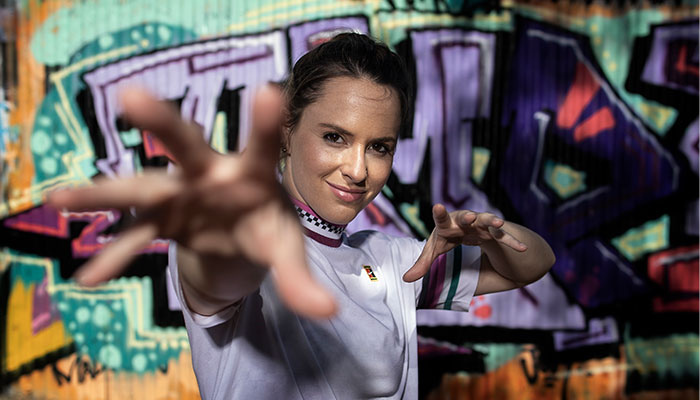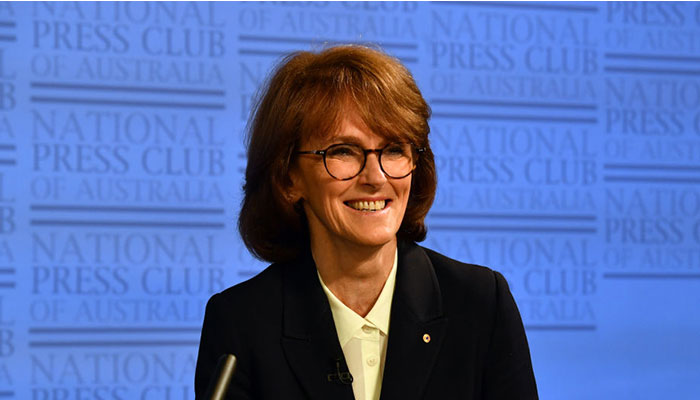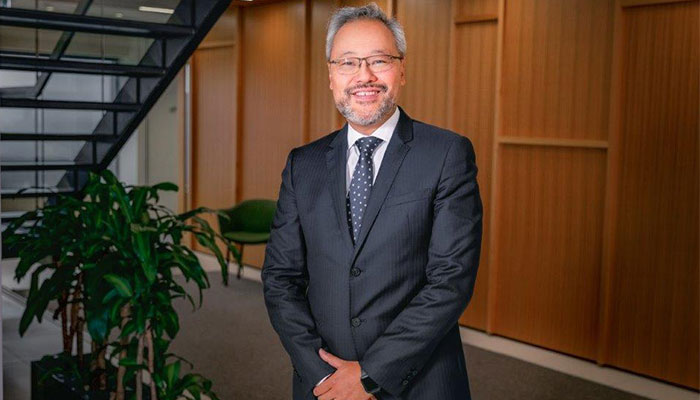"I just represented Australia in Japan at the World Dance Sport Federation’s Breaking for Gold World Series last February. It’s a pathway competition to the Olympics. Even though breaking is now officially an Olympic sport, we still don’t know whether Oceania will make it there or not as we are still looking for funding to hold a qualifying event.

Breaking is an art. Breaking is a culture, and a way of being, as well as a sport. It slowly changes the way you dress because style is so important. Breaking is expressing yourself through your fashion. My personal style has evolved along with my dance skills.
I train 12 hours a week and there were interesting reactions from people as I began changing shape, changing dress and changing the way I move. I became more assertive, with more masculine characteristics. I grew up doing netball and jazz and that’s a completely different way of moving your weight, the upper-body strength that is required for breaking took a long time to build.
Breaking defines me now – it’s been really empowering in many ways. It’s taught me how to follow my own path. When I first started, I got a lot of comments and criticisms where people wanted me to follow a more feminine, traditional way of being, but over time it has made me more confident.
I recently did a guest lecture in one of our great media units where I talked about how I use my work in breaking to look at the issue of representation. I looked at the way in which the history of hip hop culture has been misunderstood. A lot of people assume breaking came out of gang fighting but that is a racialized history that is connected to the way in which some people view any kind of African-American working-class activity. Hip hop is all about community, self-expression and respect.
People often think breaking is a male dance form. But women have always been involved in breaking, since the beginning. I try to show people how there is space for women in breaking. I think generally the scene is generally much more supportive of women and diverse folk now. I have seen that change in the time I have been involved.
When I am interviewed I try to explain the richness and complexity of breaking.
My research is on the cultural politics of breaking. I look at gender, race, and the politics around identity and representation. I draw on cultural theory, feminist theory, interviews and my own experience as a breaker. I have also done some interesting work looking at ‘all style’ battles, which is not just breaking but all styles of street dance. I looked at how these battles queer the dance floor and broaden the space within breaking to be more inclusive of LGBTIQ+ people.
I did a lot of media interviews when the Olympic announcement was made. The reaction from the broader Australian public was very negative – in fact there was widespread mockery because people don’t see it as a legitimate sport in Australia.
One of the things I try to do when I am interviewed is to try to explain the richness and complexity of breaking. In a competition you don’t know what music is going to be played, you must interpret it on the spot. It is an improvisational dance. You might have set movements and phrases and you have a plan, but you must demonstrate musicality on the day. It’s a life-long skill to develop your freestyle. You also must show your foundation as well as your own style and distinctiveness.
I have been here at Macquarie since I was an 18 year-old undergraduate. I’m 35 now so I have basically been here my whole adult life. It’s given me space to pursue a different way of thinking and a different lifestyle. As well as my teaching, I have been able to do a lot of research and my street dancing has been able to flourish."



